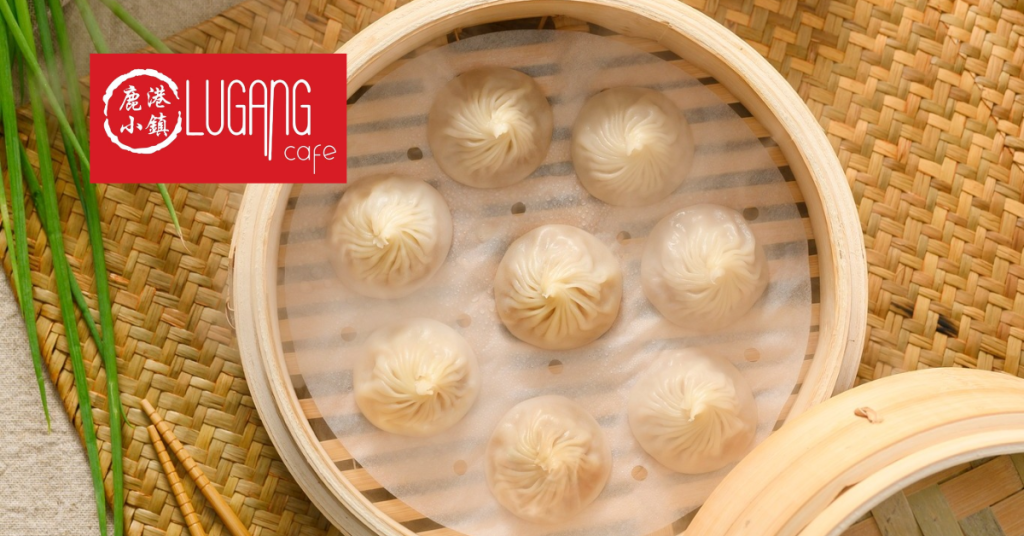When Annabelle Chua co-founded Lugang Café, she set out to bring an elevated Taiwanese dining experience to Manila — one that went beyond the usual Cantonese fare Filipinos associated with Chinese food.
The goal was to introduce something different and authentic. But one dish unexpectedly took on a life of its own.
That dish? Xiao long bao — the delicate, soup-filled dumpling that would soon become the restaurant’s signature item.
Ironically, xiao long bao wasn’t even on the menu of Bellagio Café in China, the restaurant that inspired Lugang. “They focused only on Taiwanese cuisine,” Chua says. “But we thought if we could get it right, xiao long bao could really stand out.”
To deliver on that promise, Chua brought in a chef from Taiwan who specialized in the art of making authentic xiao long bao. “We were lucky to find someone who truly mastered it,” she says. “There was nothing like it in Manila at the time.”
But the commitment to quality didn’t stop at the chef. Chua insisted on importing key ingredients, including the flour for the wrappers — made using a secret recipe. Even staples like soy sauce, rice, and vinegar were sourced internationally. “Even if it’s the same brand, the taste is different when it’s made locally,” she explains. “We didn’t want to compromise.”
That no-compromise approach helped shape Lugang Café’s brand identity. Diners instantly noticed the difference — from the paper-thin wrapper to the rich, flavorful broth. The xiao long bao quickly became a best-seller, often drawing in first-time guests who later became loyal customers.
Today, the dish remains a central part of Lugang Café’s menu. Their chefs still receive training abroad, and the ingredients are still flown in to ensure consistency.
The takeaway:
One dish — when executed with care, precision, and pride — can elevate a restaurant into a beloved brand. For Lugang Café, xiao long bao isn’t just food. It’s a symbol of what happens when quality comes first.
This article includes quotes from an interview originally published by Esquire Philippines, authored by Henry Ong.
![]()



